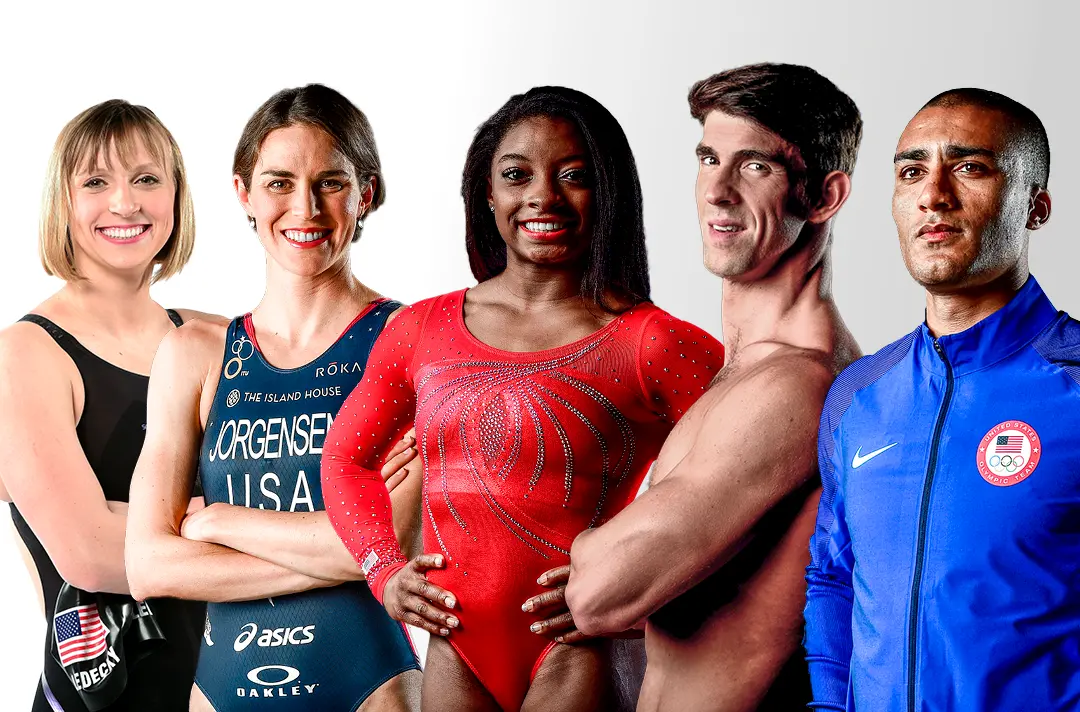Percy Harvin is now a Jet.
That was the news we as Jets fans were greeted with roughly 24 hours after seeing the Darrelle Revis-led Patriots hang on for a 27–25 win Thursday night, putting an exclamation point on Gang Green’s pathetic 1–6 start.
Fortunately the Harvin trade washes out the bad taste in our mouths from the disappointing loss.
Although the talented wideout clearly brings plenty of baggage, given that this is already the second time the 26-year-old speedster has been traded since being taken in the first round in 2009, there’s a lot to like about the deal.
1. It reinvigorates the fan base.
As if it wasn’t bad enough that the New England loss pretty much guaranteed the Jets won’t be making the playoffs, we all had to see Revis on the winning side, reminding us how Idzik blew the chance to bring him back despite the obvious need and cap space. It’s no secret that the Jets defensive secondary has been a problem all season and Revis, a three-time All-Pro corner, would be a welcome sight.
Before the Harvin deal, the Jets had $19.89 million in cap space. The Patriots brought in Revis last offseason on a two-year $24 million deal—easily doable for New York, while not hindering our cap space long term. Plus, after dealing Revis a year earlier for first and fourth round picks, Idzik would’ve looked like a genius if he got him right back one year later in free agency. But for some reason he didn’t and has justly been criticized for not using his precious cap space to improve the team. Now he has, albeit seven games too late.
2. They can truly evaluate Geno Smith.
Smith, who’s probably been criticized even more than Idzik, now has fewer excuses not to perform.
Last season, he was a rookie and the Jets had no weapons on offense. Consequently his 66.5 quarterback rating was the worst in the league.
So they went out and signed Eric Decker and drafted Jace Amaro to upgrade both the receiver and tight end positions. Yet when Decker was out, Smith’s performance suffered. In fact, heading into Sunday he was back in last with a 72.5 quarterback rating—despite the upgrades.
With Harvin’s ability (when healthy) to spread the field and turn a short pass into a long gain, Smith has what he needs to succeed. The Jets can now judge, over the course of these last 10 games, whether they need to bring in a new quarterback or not.
3. His contract is nonguaranteed after this season.
As mentioned Harvin has been injury prone. He missed 15 of 16 regular season games last year recovering from hip surgery and then missed one of the three playoff games with a concussion. Yet the Seahawks went 13–3 and won the Super Bowl as Harvin returned the opening second half kickoff for a touchdown.
But his contract is only guaranteed through the end of this season (roughly $6.47 million left) and after that the $41.5 million remaining over the next four years is only owed if he’s on the roster.
Of course, the Jets have taken fliers on receivers with baggage before and the results haven’t always been rosy. Think Santonio Holmes.
But the problem with Holmes was that the Jets had to sign him to a new deal just a year after they acquired him, which included easily obtainable guarantees for full salaries in 2012 and 2013—thus turning him into a much-riskier asset.
The Jets can cut ties with Harvin after this season and owe him nothing.
4. They only gave up a conditional draft choice.
Although the Jets haven’t said for sure, the pick they’re sending to Seattle has been rumored to be anything from a sixth that could turn into a fourth, depending on how Harvin performs, or a fourth that can turn into as high as a second.
Worst case scenario would be that Harvin gets injured or doesn’t mesh well with the Jets and they send a fourth to Seattle to finish the deal, which isn’t bad. For perspective, the Jets had three fourth-round picks in May and have little to show for them: Receiver Jalen Saunders was already cut, wideout Shaquelle Evans is on injured reserve, and lineman Dakota Dozier is a backup.
If Harvin does work out, the Jets get a good offensive player for as high as a second round pick—exactly where they drafted the recently-cut Stephen Hill two years ago.
It’s a good deal all-around for New York. Just seven games late.
On the Ball: The Harvin Trade—Four Reasons It’s Good for the Jets

ADVANCE FOR WEEKEND EDITIONS, AUG. 9-10 - FILE - In this Aug. 5, 2014, file photo, Seattle Seahawks wide receiver Percy Harvin makes a catch during a session of NFL football training camp in Renton, Wash. Broken bones. Torn ligaments. Subpar performances. They all combined to sideline some of the NFL's biggest stars a year ago, a lost season for several players who'd rather make headlines on the field instead of the trainers' room.AP Photo/Ted S. Warren, File
|Updated:




